Youth-Oriented Leadership Is Needed In All Parts Of Society – Prince Seni Ottun
Youth-Oriented Leadership Is Needed In All Parts Of Society – Prince Seni Ottun
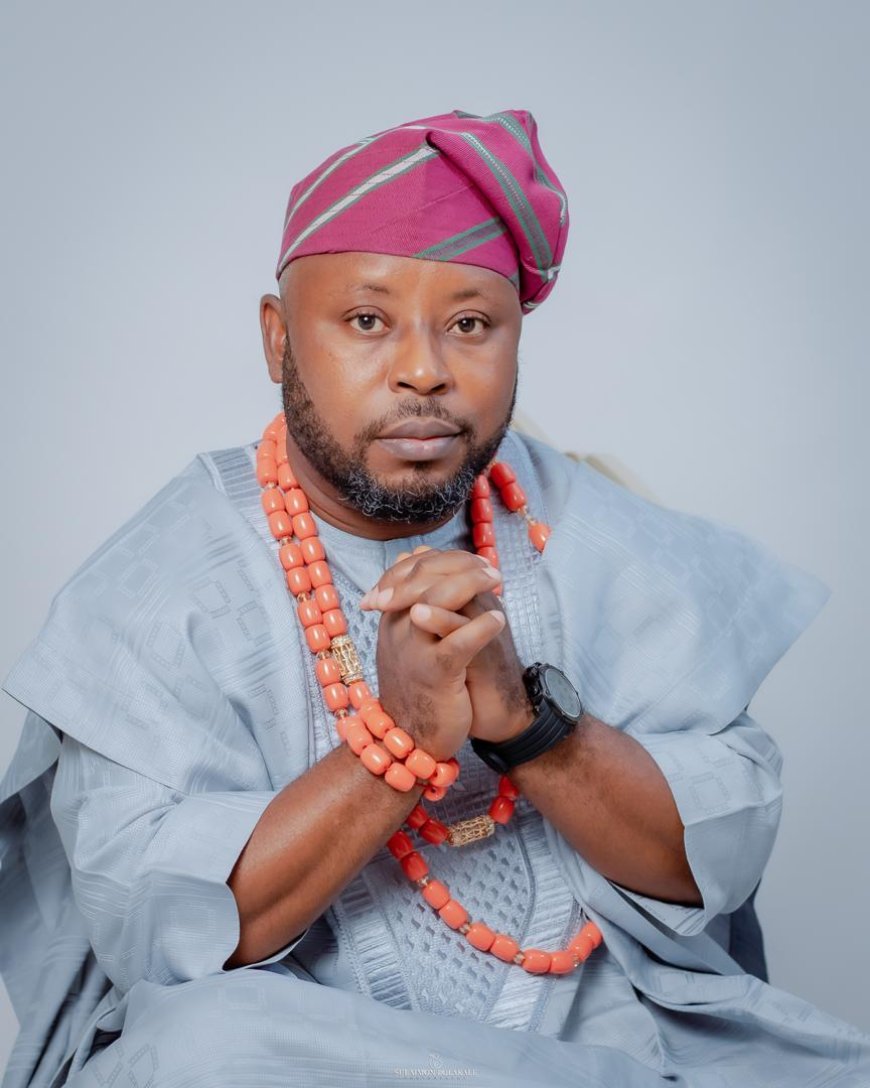
Prince Olaseni Samsideen Ottun, a distinguished banker, consultant, and corporate leader, is a proud son of Ijebuland and a member of the Fusengbuwa Ruling House in Ijebu-Ode. With over two decades of professional experience spanning banking, consultancy, and boardroom leadership, he represents the blend of tradition and modernity.
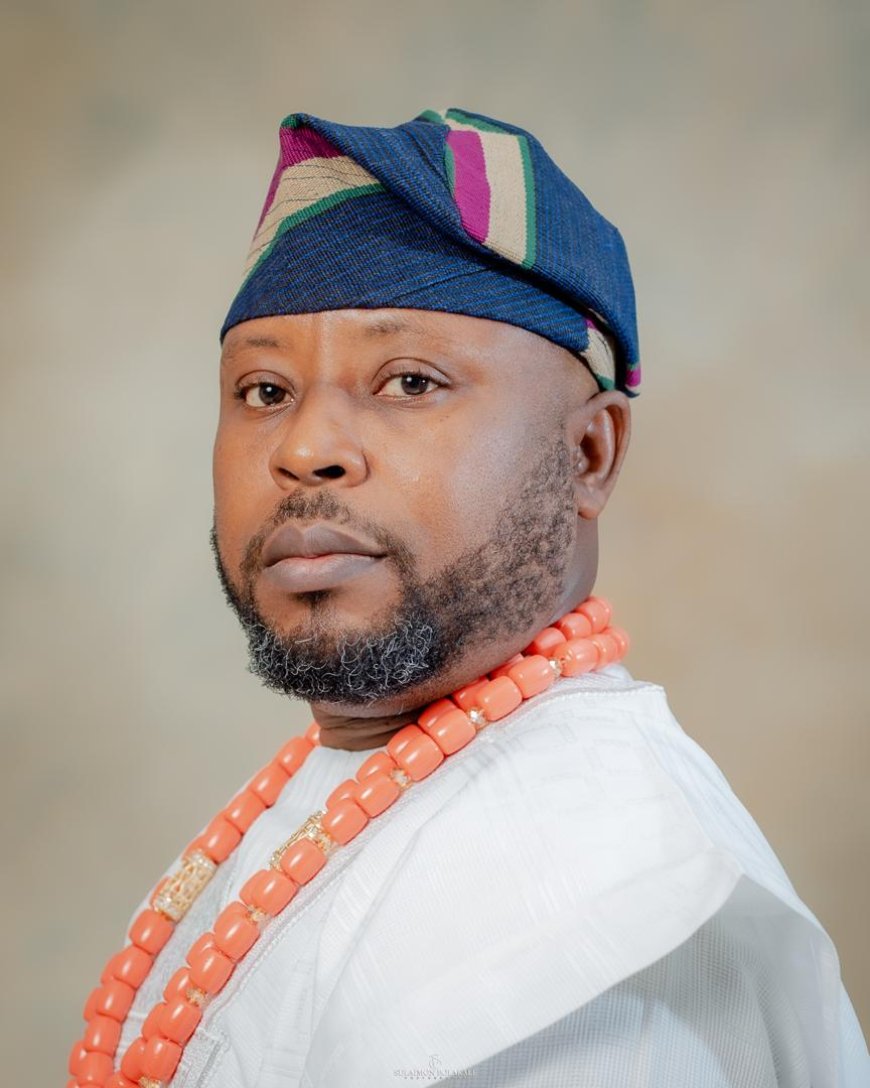
Before joining Sally Tibbot Consulting Limited, he began his career at KPMG between 2001 and 2002, after which he moved to the Petroleum Equalisation Fund, a subsidiary of NNPC, where he worked from 2002 to 2006. In 2006, Ottun joined Zenith Bank and served until 2008, during which he received recognition from executive management for outstanding performance.
From 2008 to 2013, he worked with Bank PHB (now Keystone Bank) and again earned commendation from the bank's management for excellent performance.
He joined Sally Tibbot Consulting Limited in 2013. Through professionalism, competence, integrity, and dedication, Prince Ottun rose to the position of Executive Director. Today, by the grace of God, he sits on the boards of seven companies: Sally Tibbot Consulting Limited, Flips Limited, BOT Engineers Limited, Riverdale Financial Services Ltd, Smarbo Engineering Limited, CV Banc Limited, and S.R. Ottun's Stores. His experience spans both operations and commercial banking, with expertise in managing fintech relationships, cards, and electronic banking. He is married and blessed with children.

In this exclusive interview with The Issues Magazine, Prince Ottun speaks on the history and cultural pride of Ijebuland, the process of selecting the next Awujale, the legacy of the late Oba Sikiru Kayode Adetona, and why Nigeria urgently needs youth-oriented leadership across all sectors of society.
As an Ijebu man, how would you describe Ijebuland?
Ijebuland is one of the most highly civilised kingdoms in Africa, renowned for its rich cultural heritage. It is a prominent Yoruba territory and traditional kingdom in southwestern Nigeria with Ijebu-Ode as its capital. Historically, it had a highly organised pre-colonial government under the Awujale, with the powerful Osugbo Council playing an important role. The Ijebu people are known for their industriousness and cultural sophistication. The territory is now split between Ogun and Lagos States, with the larger landmass in Ogun East Senatorial District. Ijebuland is celebrated globally for vibrant cultural festivals such as the Ojude Oba, Agemo, and Obinrin Ojowu, as well as landmarks like the ancient Sungbo's Eredo walls. The Ijebu kingdom was historically a major trading hub, controlling routes between the Lagos Lagoon ports and the Yoruba hinterland. Its people were successful in agriculture, producing crops such as cocoa and kola nuts. The dynasty traces its history to Obanta, the first Awujale, with some traditions even linking the lineage to the biblical Jebusites. Today, although Ijebu-Ode remains the smallest in landmass, it is the cultural and political headquarters of Ijebuland and the seat of the Awujale. The Ijebu people, famed for their creativity, skills, and hard work, continue to excel in all spheres of life.
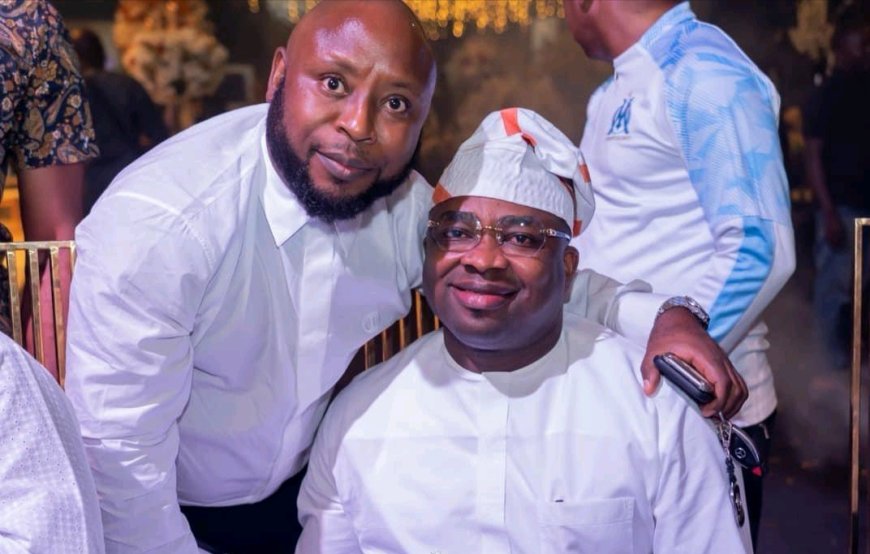
Coming from the Fusengbuwa family, next in line to produce the Awujale, what role does your family play?
Our 'Ile Nla Agusenbi' of the Fusengbuwa Ruling House has produced 25 Awujales in the past. We constantly remember them in prayers and seek divine guidance as we prepare for the succession to the throne following the passing of Oba Sikiru Adetona. We are committed to unity and transparency in the selection process. The next Awujale must come from the Fusengbuwa ruling house, and the lineage must be clear and unquestionable. There should be no hidden secrets. Whoever emerges will receive our collective support. Personally, I strongly believe we should look for someone youthful. A king between 45 and 55 years of age will have the vibrancy and longevity to reign meaningfully. History shows that long and impactful reigns, such as that of Oba Adetona, leave lasting legacies. Therefore, the next Awujale should be young, dynamic, and forward-looking.
What factors should guide the choice of the next Awujale?
The process is governed by law and custom. According to the 1957 Western State Chieftaincy Declarations, succession rotates among four ruling houses: Gbelegbuwa, Anikinaiya, Fusengbuwa, and Fidipote, in that order. With Oba Adetona hailing from the Anikinaya house, it is now the turn of the Fusengbuwa ruling house. The process begins with a family meeting to nominate candidate(s). These names are presented to the Odis and then forwarded to the council of 13 kingmakers drawn from the Ilamuren, Odi, Pampa, and Osugbo classes. The kingmakers deliberate, and the candidate who secures their unanimous approval is declared Awujale. Beyond procedure, the next Awujale must possess wisdom, integrity, courage, and a commitment to unity and development. He must not be a moneybag or someone who could compromise the dignity of the throne, but a leader who will preserve tradition while driving progress.
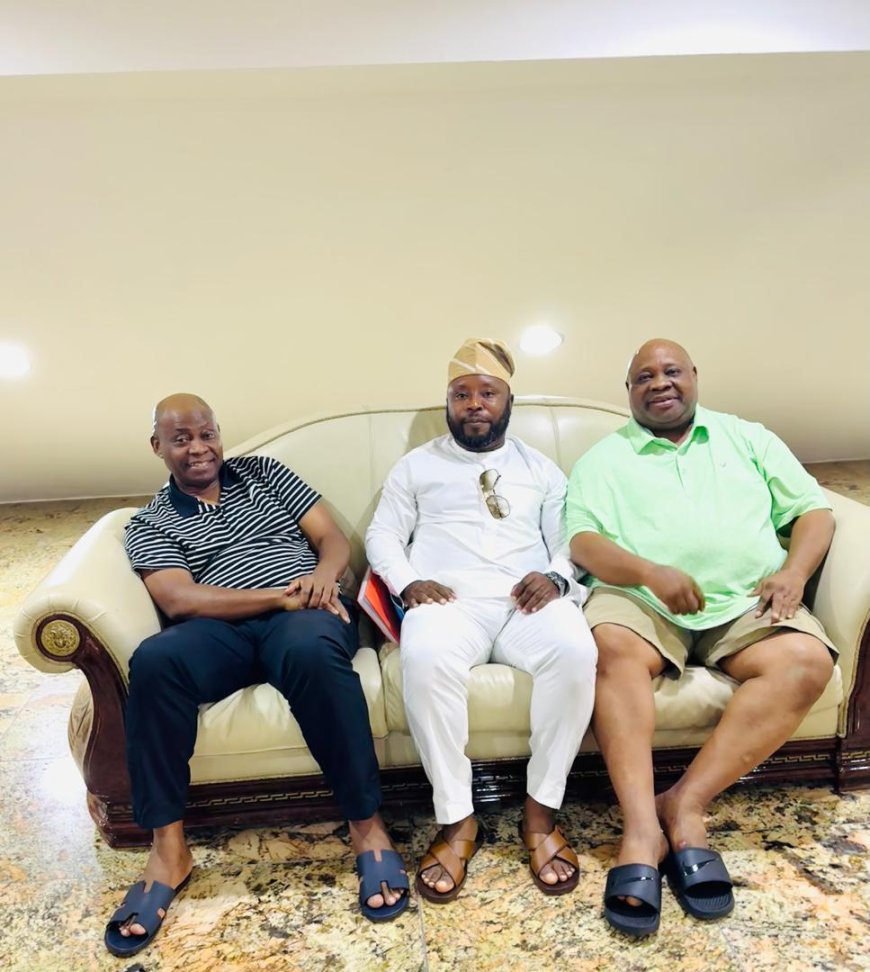
The immediate past Awujale, Oba Sikiru Kayode Adetona, left a great legacy. How do you assess his reign?
Oba Adetona's reign was transformative. He elevated the Ojude Oba festival from a local cultural gathering into an internationally recognised event. Today, Ojude Oba attracts global tourism, strengthens Ijebu identity, and contributes to socio-economic development. His reforms made the festival a symbol of unity and pride. He also strongly advocated for the creation of Ijebu State, working tirelessly to ensure greater representation and development for the Ijebu people. His reign combined cultural preservation with modernisation, making him one of the most respected monarchs in Nigeria's history.
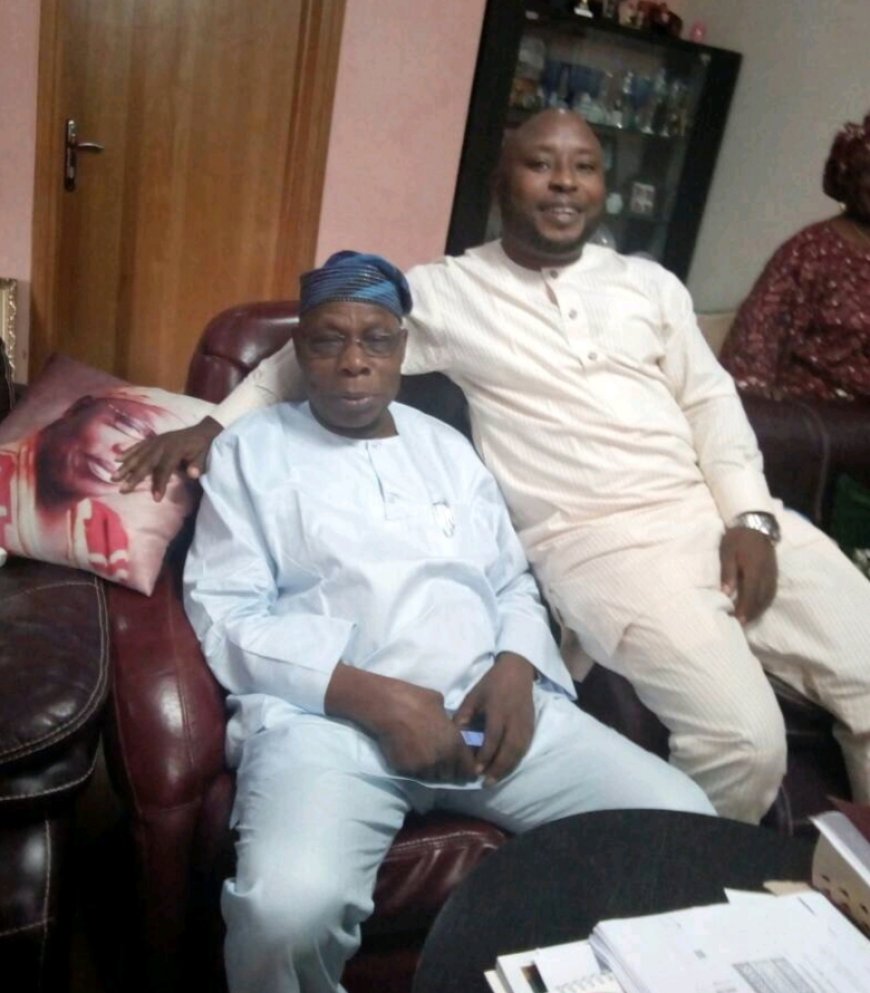
Nigeria today needs youth-oriented leadership. What is your position on this?
Leadership is about vision, influence, and the ability to inspire, not just holding authority. Effective leadership requires communication, integrity, decision-making, and adaptability. Nigeria urgently needs youth-oriented leadership across every sector. Young people must not only be given opportunities but also be included in decision-making. They should be empowered with mentorship, skills, and platforms to lead. Youths bring innovation, energy, and fresh perspectives, especially in technology and modern governance. In traditional institutions as well, younger leaders can provide continuity and leave lasting legacies, as seen with Oba Adetona, who ascended the throne young and reigned with dignity. Encouraging youth participation ensures Nigeria's future is dynamic, innovative, and globally competitive.
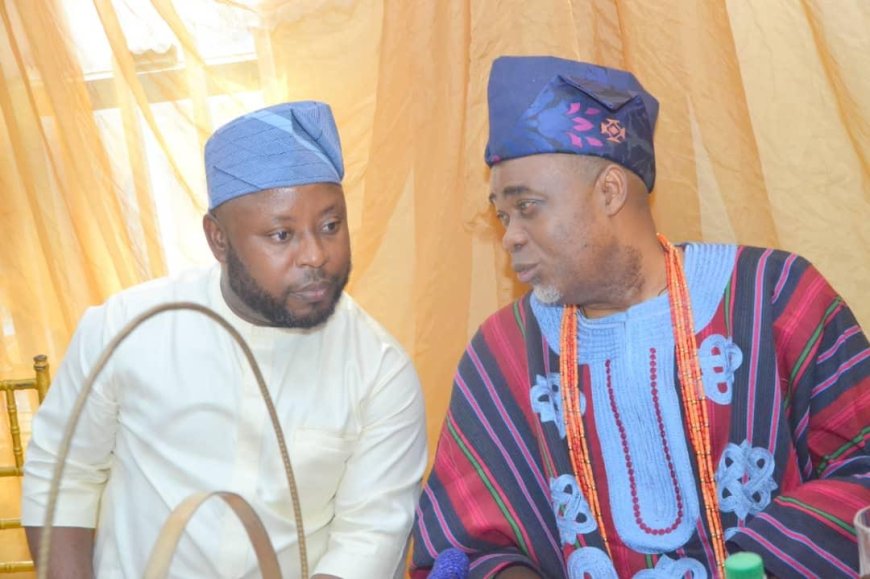
How would you rate the Tinubu administration so far?
Though there are criticisms, President Bola Ahmed Tinubu's administration has recorded notable achievements in economic reforms, infrastructure, and security. Clearing over $10 billion in foreign exchange liabilities helped restore investor confidence. Net foreign exchange reserves rose significantly, and Nigeria attracted over $50 billion in new foreign direct investment commitments. The administration has also embarked on over 440 road projects, created regional development commissions, and expanded the mining sector with $800 million in processing investments. Social interventions, including student loans, grants, and the new N70,000 minimum wage, have provided relief for many Nigerians. In security, over 13,500 terrorists have been neutralised in sustained military operations. While challenges persist, the administration's trajectory is forward-looking, and the impact will be more evident in the future.
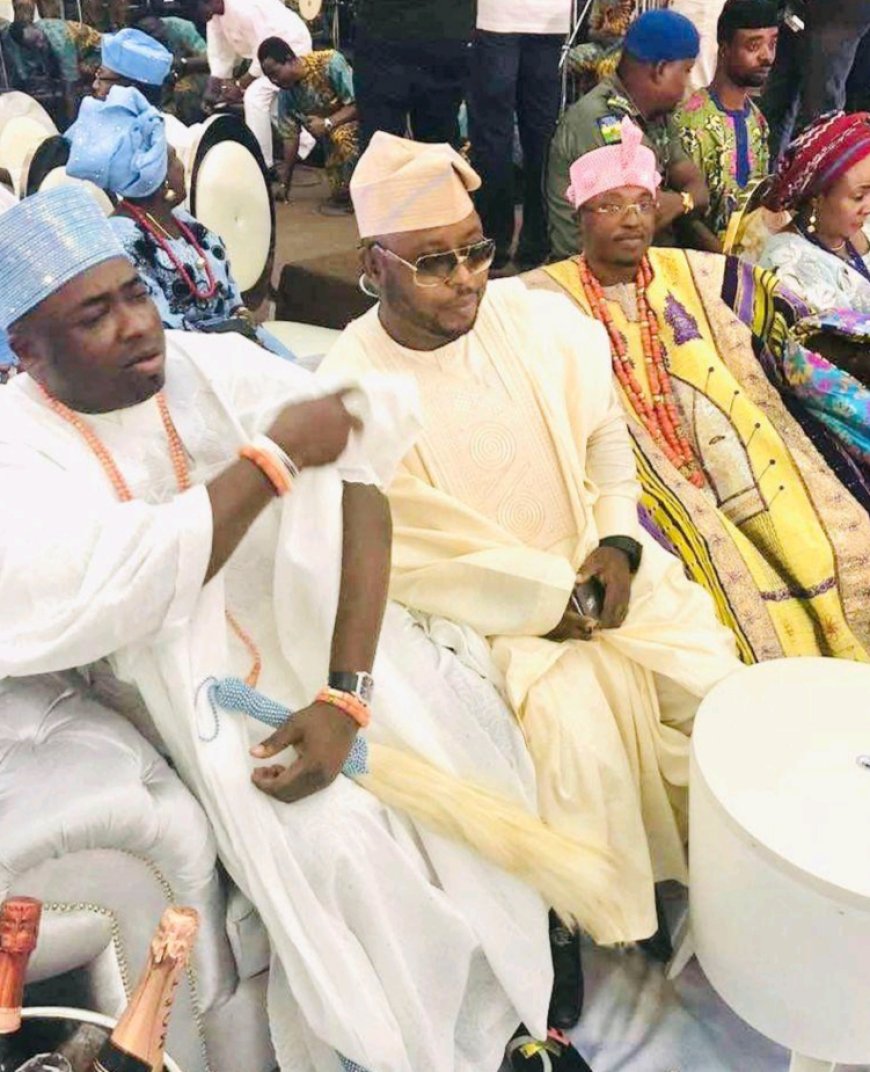
What measures can further attract development to Ijebuland?
Development in Ijebuland must begin with unity, purpose, and community engagement. We must strengthen cultural festivals like Ojude Oba, support small businesses, and promote education and youth empowerment. Ijebu people at home and abroad must collaborate, support local initiatives, and contribute skills, time, and resources. Community events, mentorship, advocacy, and infrastructure projects should be encouraged. By creating opportunities for participation, fostering shared experiences, and celebrating achievements, we can build a stronger and more prosperous Ijebuland.
What qualities should the next Awujale possess?
Above all, dignity. The Awujale throne represents honour, tradition, and authority. The next monarch must respect the sacredness of the office while carrying the burdens of responsibility with courage and integrity. He must be honest, contented, just, and incorruptible. He must unite the people, uphold traditions, and avoid materialism. The dignity of the throne lies not only in its ceremonial grandeur but also in the integrity of the ruler who occupies it.
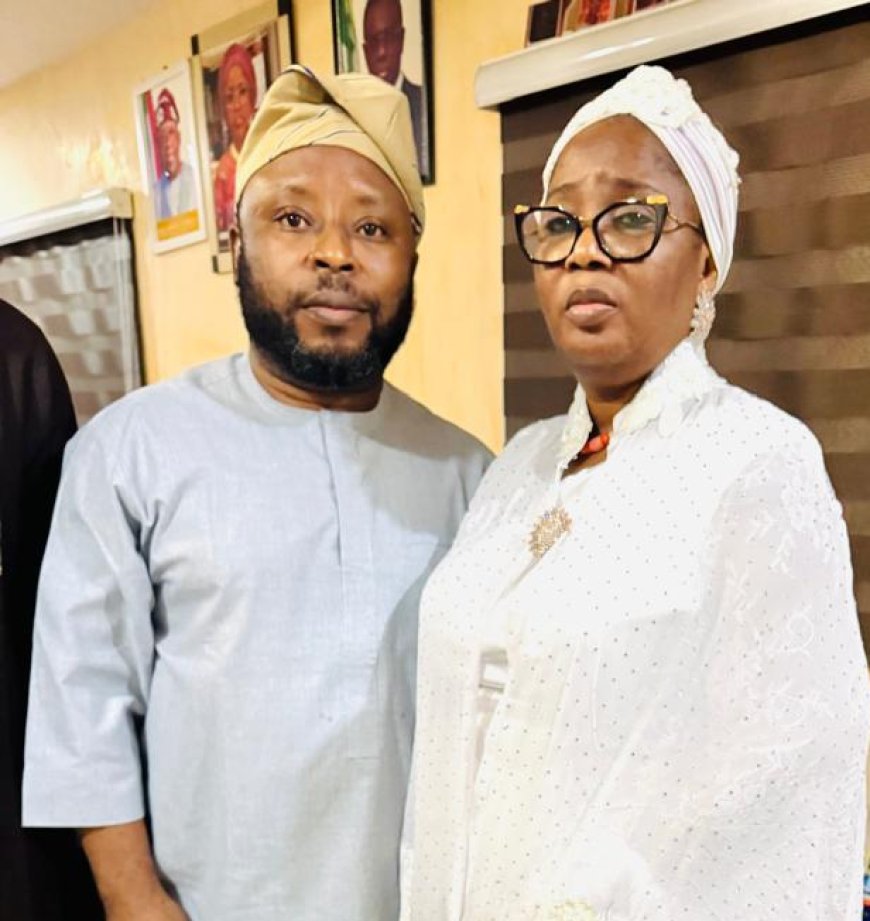
What advice would you give to Ijebus at home and in the diaspora?
My advice is simple: remain true Omoluabi. This Yoruba value system, embodying honesty, integrity, respect, hard work, and courage, is also deeply rooted in Ijebu identity. We are children of 'Olu-Iwa', our legendary ancestor, and must live by the virtues that distinguish us as Ijebus. Wherever we are in the world, let us uphold these values, for they preserve our dignity and ensure the enduring greatness of Ijebuland.

 admin
admin 


